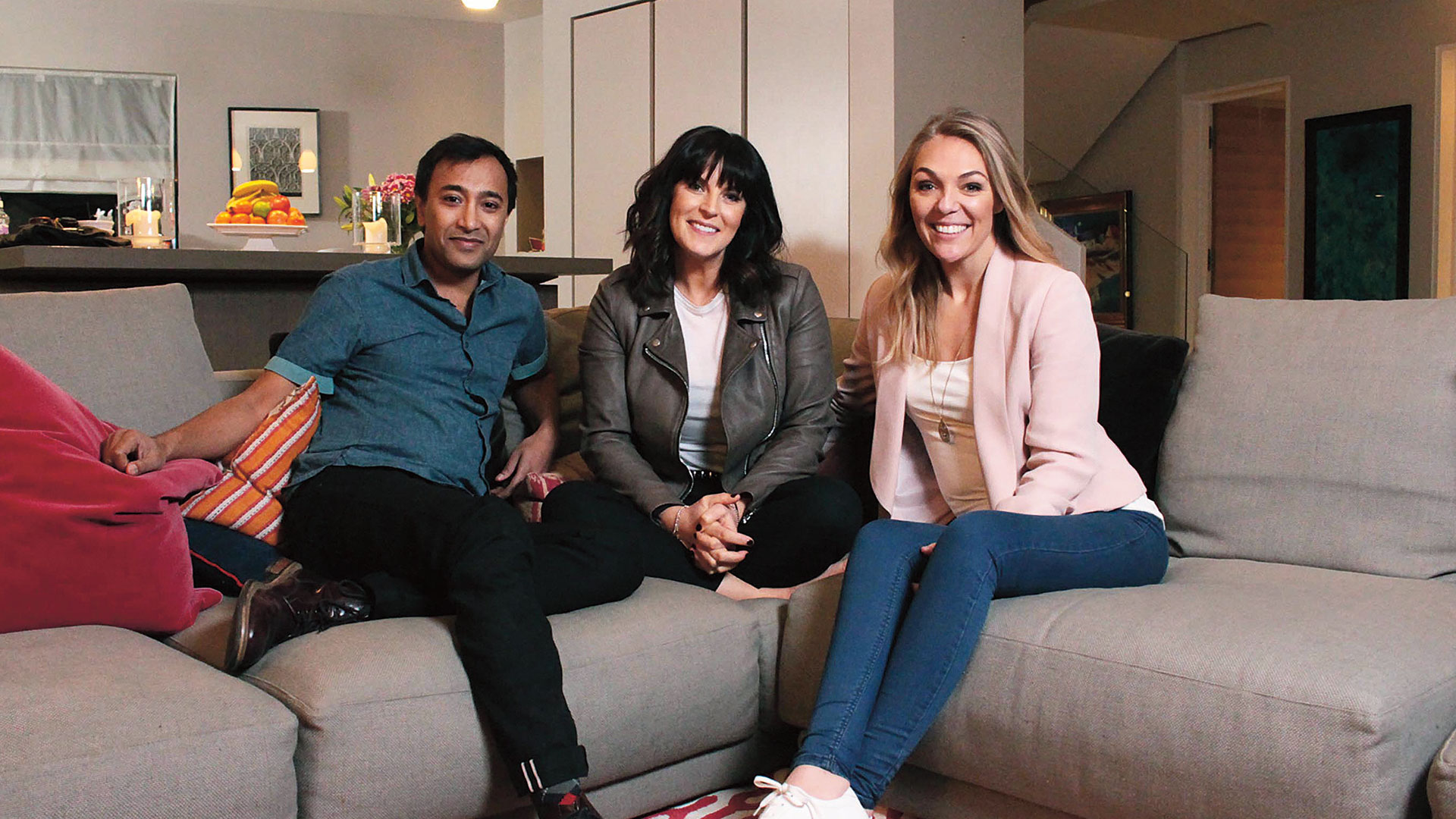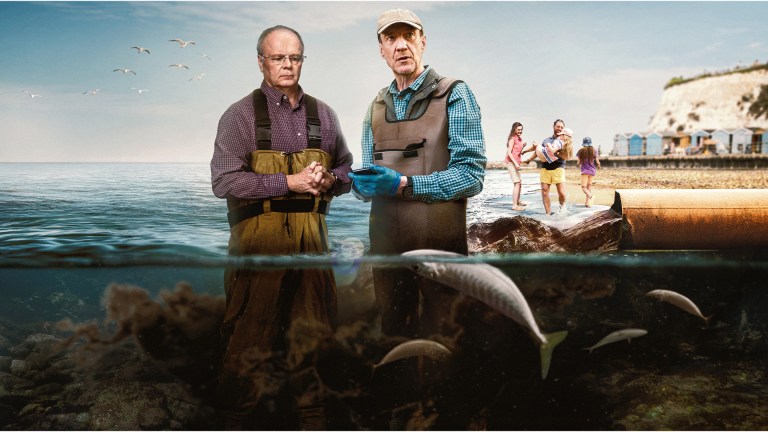I’ve always been highly suspicious of the concept of retiring. Most people won’t retire with the kind of income that means you can live on a cruise ship, eating an unlimited buffet with a big pineapple in the middle of it. So you’ll probably spend your last 20 years creosoting everything and watching too many episodes of Can’t Pay? We’ll Take it Away! Or, if the government has its way, you’ll be working until you’re a corpse propped up against a filing cabinet. Either way, it’s not good.
It’s certainly never occurred to me to retire at 40. At 40, you can just do something else. You’ve still got your own teeth and it’s not like you’re dead or anything. Go to college. Move to a different city. Get a job in digital marketing. Become a life coach. Jesus, what’s wrong with you?
However, some people (loonies, it transpired) are gagging to retire at 40 and are actively working to pursue it, according to the extremely tenuous How to Retire at 40. It was a bit like that other show, How to Live Mortgage Free with Sarah Beeny. We’ve obviously hit a point when having zero overheads is a turn-on. Downsize porn, if you will.
Anna Richardson, of Secret Eaters fame, the writer Rhik Samadder and Sophie Morgan went to meet people who were building their middle-aged nest egg. In between that, they all sat on a sofa pretending to have a chat, saying naturalistic things like “yes, that’s really interesting, isn’t it?”. It wasn’t. Well, okay, there was a man who was 23 but looked 50, who earned £26,000 a year sticking googly eyes on potatoes and sending them through the post with personalised messages drawn on them with a Sharpie. That was mildly diverting.
A couple on the financial 5:2 diet lived their lives in suspended animation saving £1,400 a month
The rest, though, were enough to make you want to turn the TV off and go to work for eight hours. The worst was a couple who were on the financial 5:2 diet, which sounds like a thing but isn’t. They lived their lives in suspended animation, waiting for days that may never come, not spending five days a week and spending for two. They saved a jaw-dropping £1,400 a month, and it was depressing beyond belief.









